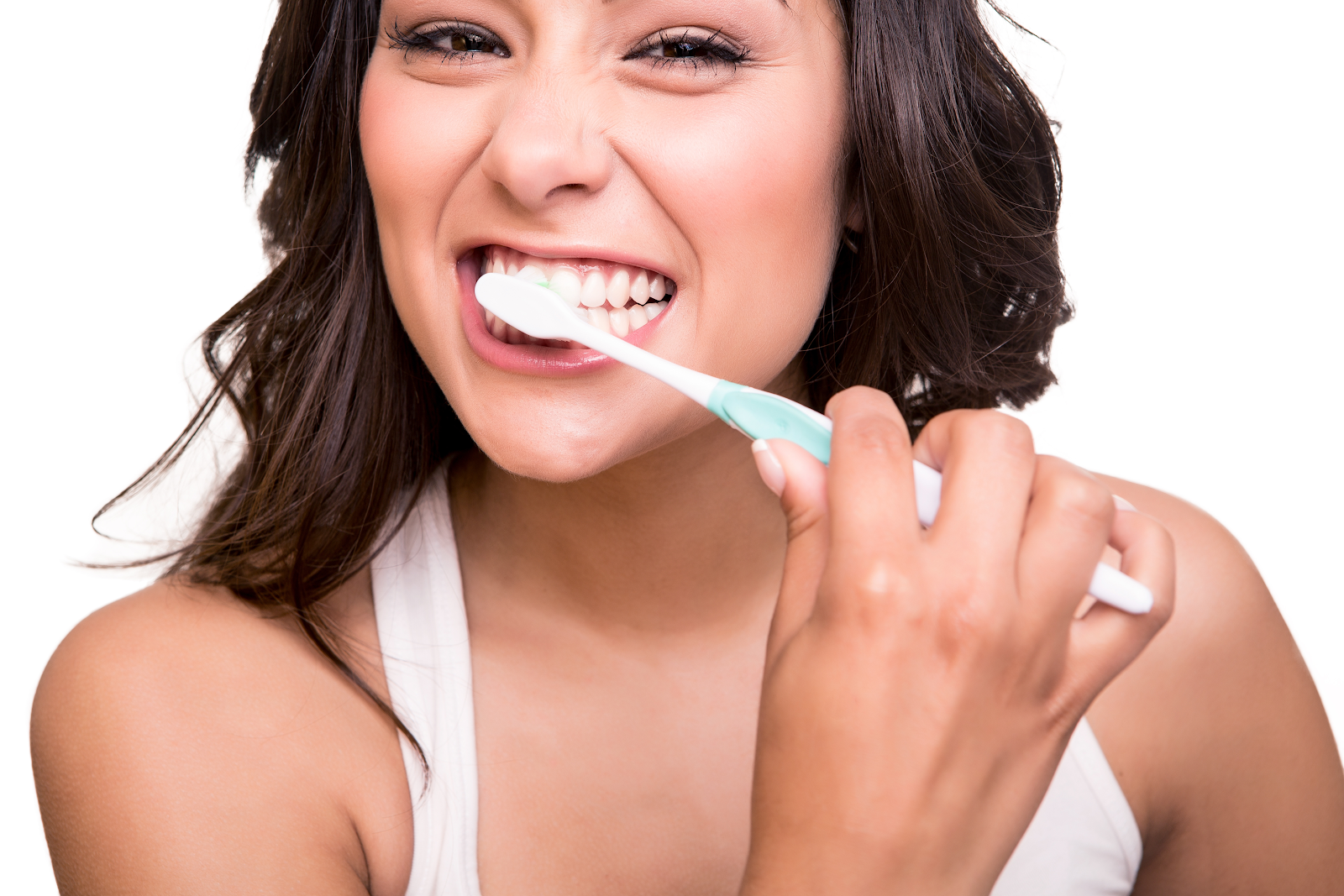Brushing Tips and Tricks For Sensitive Teeth
Having a set of pearly white teeth can significantly boost your confidence and enhance your smile. However, if you have sensitive teeth, the simple act of brushing can become uncomfortable and even painful. But don't worry! In this article, we will provide you with valuable tips and tricks to make brushing a pleasant experience while also promoting teeth whitening. So, let's dive in and discover how you can achieve a brighter smile with ease.
Understanding Sensitive Teeth:
Before we delve into brushing techniques, it's important to understand why some individuals have sensitive teeth. Tooth sensitivity can occur due to various reasons, including worn tooth enamel, gum recession, tooth decay, or even brushing too aggressively. When the protective layer of enamel wears down, it exposes the underlying dentin, which contains microscopic tubules leading to the tooth's nerve endings. This exposure can cause discomfort and sensitivity.
Choosing the Right Toothbrush:
For individuals with sensitive teeth, it's crucial to select a toothbrush with soft bristles. Hard bristles can be too abrasive and may further damage the enamel or irritate the gums. Opt for a toothbrush that has been specifically designed for sensitive teeth or one with extra-soft bristles to ensure a gentle cleaning process.
Gentle Brushing Techniques:
To minimize tooth sensitivity, it's essential to adopt gentle brushing techniques. Here are a few tips to keep in mind:
- Use gentle, circular motions: Instead of vigorous scrubbing, use small, circular motions to clean your teeth. This method helps remove plaque and debris without putting excessive pressure on your teeth.
- Avoid using too much force: Remember, brushing harder doesn't mean cleaner teeth. Applying excessive force can lead to enamel erosion and gum irritation. Maintain a light touch while brushing.
- Angle your toothbrush correctly: Hold your toothbrush at a 45-degree angle towards the gum line. This position allows for effective cleaning while minimizing irritation.
Toothpaste for Sensitive Teeth:
Choosing the right toothpaste is crucial when you have sensitive teeth. Look for toothpaste specially formulated for sensitive teeth, as they contain desensitizing agents that help block pain signals. These toothpaste variants often contain potassium nitrate or strontium chloride, which can provide relief from sensitivity over time.
Preventive Measures:
In addition to proper brushing techniques, there are a few preventive measures you can take to minimize tooth sensitivity:
- Limit drinks and acidic foods: Acidic foods and beverages can erode tooth enamel, making the teeth more susceptible to sensitivity. Minimize your consumption of citrus fruits, sodas, and acidic juices.
- Wear a mouthguard: If you grind your teeth at night, consider wearing a mouthguard. Teeth grinding can cause enamel erosion, leading to tooth sensitivity. A mouthguard can help protect your teeth and prevent further damage.
- Visit your dentist regularly: Regular dental checkups are crucial for maintaining good oral health. Your dentist can identify and address any underlying issues contributing to tooth sensitivity and provide personalized recommendations for your oral hygiene routine.
Conclusion
Sensitive teeth should not deter you from achieving a beautiful, white smile. By adopting gentle brushing techniques, choosing the right toothbrush and toothpaste, and taking preventive measures, you can maintain oral health while working towards teeth whitening. Remember to be consistent with your oral hygiene routine and consult your dentist if you experience persistent sensitivity.
Other recommended posts







Comments
Post a Comment